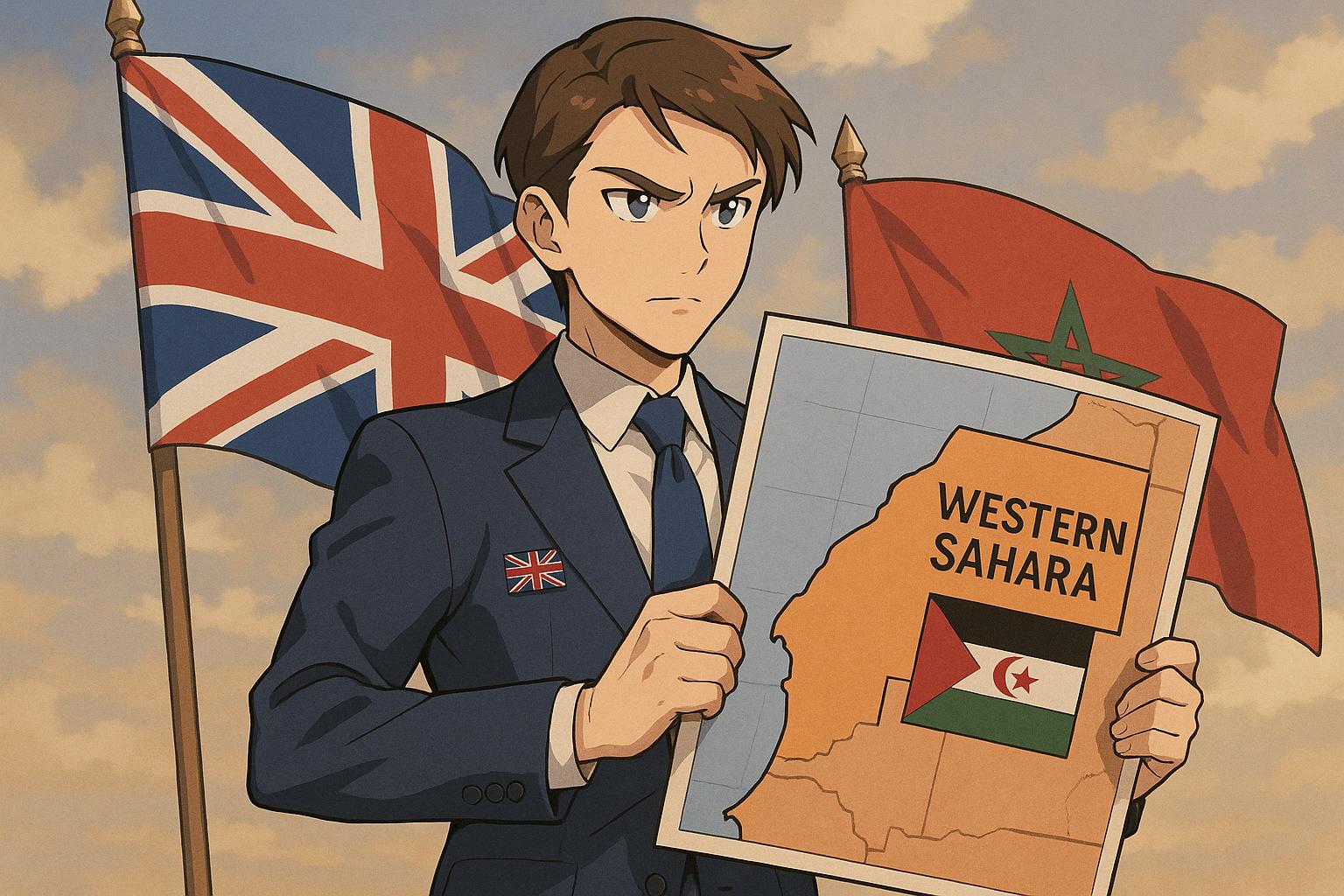The United Kingdom's recent endorsement of Morocco's plan for the disputed territory of Western Sahara represents a significant shift in international relations regarding this long-standing conflict. At a joint press conference in Morocco's capital, British Foreign Minister David Lammy hailed the Moroccan proposal for autonomy under its sovereignty as "the most credible, viable and pragmatic" resolution to the territorial dispute that has persisted for decades. This endorsement aligns the UK with two other permanent members of the United Nations Security Council, France and the United States, who have previously voiced support for Morocco's claims.
In his remarks, Lammy expressed optimism for the future, asserting that a resolution is overdue and crucial for bolstering stability in North Africa. He urged for more detailed proposals from Morocco regarding the autonomy arrangement, indicating a willingness to engage further while maintaining the framework of UN-led negotiations. His comments came amidst a backdrop of sustained international interest in the region’s economic potential, particularly in sectors like fishing, agriculture, and renewable energy—a shift that has drawn investment from both European and American companies.
Western Sahara, rich in resources such as phosphates and fish, has been designated as a “non-self-governing territory” by the United Nations, with its fate long debated since Morocco's annexation of the region in the 1970s. The territory is challenged by the Polisario Front, a pro-independence group advocating for the rights and recognition of the Sahrawi people. In response to the UK's backing of Morocco, Algeria, which has historically positioned itself on the side of the Polisario, expressed strong disapproval. The Algerian government denounced Morocco's autonomy plan as "empty of content and incapable of contributing to a serious and credible settlement of the conflict."
Importantly, the UK's recent support comes in the context of its broader strategy to enhance relations with Morocco, including commitments made during earlier strategic dialogues. This deepening partnership underscores a mutual interest in stabilising the region and fostering economic growth, with agreements in areas such as trade and renewable energy emerging as focal points of collaboration.
However, the engagement in Western Sahara continues to prompt concern over human rights issues, particularly regarding the Sahrawi people living in refugee camps. Formal statements from the UK government have reiterated a commitment to supporting the UN-led process designed to achieve a just solution while emphasising the need to uphold human rights standards in these humanitarian contexts.
As the situation unfolds, the implications of the UK's stance may reverberate through international diplomatic relations, particularly as Morocco seeks to solidify its claims and foster economic development in the region, while Polisario strives to command international support for its cause. The dual priority of economic advancement and humanitarian responsibility presents a complex landscape for all parties involved.
The evolving dynamics around Western Sahara reflect not only a geopolitical struggle but also the interplay of local aspirations for autonomy against broader regional interests. With high-stakes negotiations ahead, the path to a resolution remains incremental and highly contested.
Reference Map:
- Paragraph 1 – [1], [2]
- Paragraph 2 – [1], [3]
- Paragraph 3 – [1], [4]
- Paragraph 4 – [1], [2], [5]
- Paragraph 5 – [1], [6]
Source: Noah Wire Services
